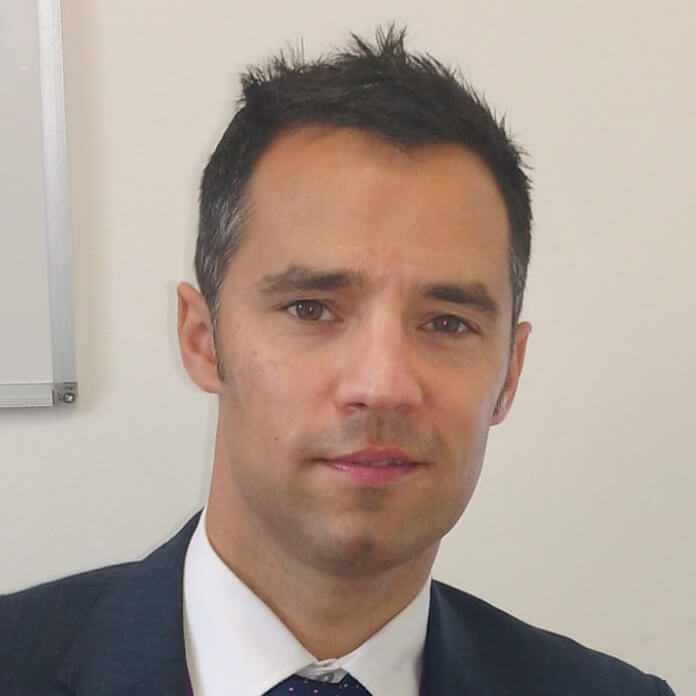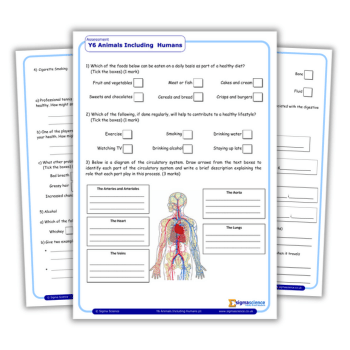Assessment should be rigorous, without being a burden on workload

Finding out what our students know at any point in time should be a rigorous process – but not, insists Mark Lehain, a burdensome one…

- by Mark Lehain

Having been in education since 2002, and set up Bedford Free School in 2012, I think I can confidently state that I have made every mistake possible that one can as a teacher or principal.
Nowhere did I do this more than in the area of curriculum and assessment. In a desire to be at the cutting edge and do the very best for my pupils no fad was left untouched, and no gimmick went untried.
Some of the practice I inflicted on my students and colleagues makes me shudder with embarrassment when I remember it now. Yes, I’m looking at you, ‘takeaway homeworks’, PLTS, self-directed learning, and six-weekly data drops!
The one thing that stops me from curling up into a ball in shame at having done these sorts of thing – oh gosh, now I’m having a flashback about A.P.P. tracking sheets – is that I was far from alone in all of this.
There was undoubtedly a long period where what we taught to students came a distant second to how we taught them – a teacher’s performance and fancy data almost mattered more than what kids left school able to do.
The ‘what’ of it
There was a whole range of well-meaning reasons for why this occurred, but one of the most reassuring developments in recent years is how as a profession we’ve refocused on the big question of what knowledge young people need to be fluent in if they are going to be able to take part in the conversation down the generations.
And having reconnected with this knowledge-rich tradition, and rediscovered our zest for disciplinary study, we’ve started to shake off the nightmare that was ‘assessment’ during these lost years and get back to a simpler, more effective approach.
Of course, there always has been discussion about assessment, but all too often it’s been very one-dimensional and just covered external exams or coursework tick-sheets.
And I believe that there is still far too much talk about the ‘horrors’ of SATs and GCSEs, and the alleged stress that they put on both pupils and teachers alike – not least because it makes for great emoting in the press and broader media.
However, alongside this there is now really phenomenal discussion being had by thousands upon thousands of teachers about the benefits of rigorous qualifications, how the different parts of a curriculum should fit together, and the variety and purpose of different kinds of assessments that can be used in daily teaching to support learning.
That said, talk is cheap and change is hard; so even now after a few years of the DfE, Ofsted, and others explicitly telling teachers and school leaders that they don’t expect to see any particular approach to teaching, marking, or data, ineffective and workload-crazy practices still thrive in many schools.
‘Triple marking’, ‘flight paths’ and ‘emerging/meeting/exceeding’ quasi-levels are widespread in their use – adding nothing to kids’ learning, but driving many teachers into the ground or out of the profession.
A better way
But it doesn’t have to be this way. After all, for teachers, assessment is simply about trying to figure out what our kids have (probably) learned, and what they haven’t, at a particular point in time, so as to see how they’re getting on and inform planning and additional support.
It should come out of, and enhance, the curriculum, and help to identify those who need an extra boost; and do so in a way that puts the minimum strain on the teacher administering it.
And this is particularly true when assessing a knowledge-rich curriculum, where the domain-specific knowledge being assessed can be easily tracked and evaluated.
In a well thought-out, knowledge-rich curriculum, the curriculum itself is the progression model. Clare Sealy talks about a good curriculum as being three-dimensional – with its components linking together within subjects over time, across subjects within a period, and across subjects over time too.
By piling knowledge on top of knowledge, the foundation below is already tested – so if a child is able to demonstrate mastery over time of the concepts covered we can be reasonably sure that they are progressing.
No more stress
Regular, rigorous assessment has a crucial role in the pursuit for excellence through knowledge.
It’s easy to point out that assessment is the best way to check that the knowledge that has been taught has actually stuck, allowing teachers to add more knowledge and build the best education possible; but it goes much deeper than that.
Assessment in itself is also vital in building up a pupil’s ability to retrieve information effectively, in turn making new learning easier by freeing up working memory.
If children can instantly recall, for example, their times tables, then their working memory is free to focus on harder maths problems, where a multiplication calculation is only one aspect of the answer.
This kind of thinking, spread out across the whole curriculum, leads to a much deeper education that allows children to access their cultural and academic heritage, whilst simultaneously preparing them for the future.
Of course there is still plenty of room for more ‘formal’ assessment. This will depend on a variety of factors, such as the age of the children and the subject being taught, meaning there are no ‘catch-all’ answers; but the principles underpinning this will be the same.
Overall then, cracking the curriculum and its accompanying assessment is probably, after culture and behaviours, the big win for any school.
Things like regular, low-stakes quizzing, whole-class feedback, model answers, etc, combined with (when appropriate) mock formal exams, can combine to produce a simpler, more rigorous system for schools.
Got right, it needn’t be overly taxing on pupils or staff – bringing zen back to our schools in place of stress. Most importantly of all, it should help achieve what we’re all striving for: a better education for our pupils.
4 steps to more zen assessment practices (and one to improve them long term)
- Ditch ‘marking’. Just do it. It really is that easy. You’ll lose almost nothing, and will save hours of time that can productively be used elsewhere.
- Reduce the number of data drops. Trust teachers, specifically around the progress of their pupils. Data drops are time consuming and don’t really tell classroom teachers much that they don’t already know. Be brave – go down to two a year max.
- Make assessment regular and consistent. Short, focused, easy to mark quizzes at the start of your first lesson of the week, or perhaps the end of the last lesson, or every lesson – whenever you think best. By keeping assessment as regular as possible, teachers will be able to manage workload better and pupil knowledge will be continually assessed.
- Make summative tests tough. Don’t be afraid to stretch kids as far as possible. Not only do they need to be taught that it’s OK not to ace every test, but they will also come out of it all being much more prepared for the real thing when the time comes.
Finally… adopt a knowledge-rich curriculum. Unlike the others above, this is not a quick win. It will take plenty of planning and work, but at the end of it your pupils will be much better off.
If you want to learn more about this, Parents and Teachers for Excellence have produced a pamphlet titled The Question of Knowledge, which is freely available on our website at parentsandteachers.org.uk.
Mark Lehain set up the Bedford Free School, where he was principal from 2012-2017. He is now director of Parents & Teachers for Excellence, a group encouraging schools across the system to adopt best practice in the areas of behaviour, knowledge-rich curricula, rigorous and sensible assessments, and cultural enrichment.










